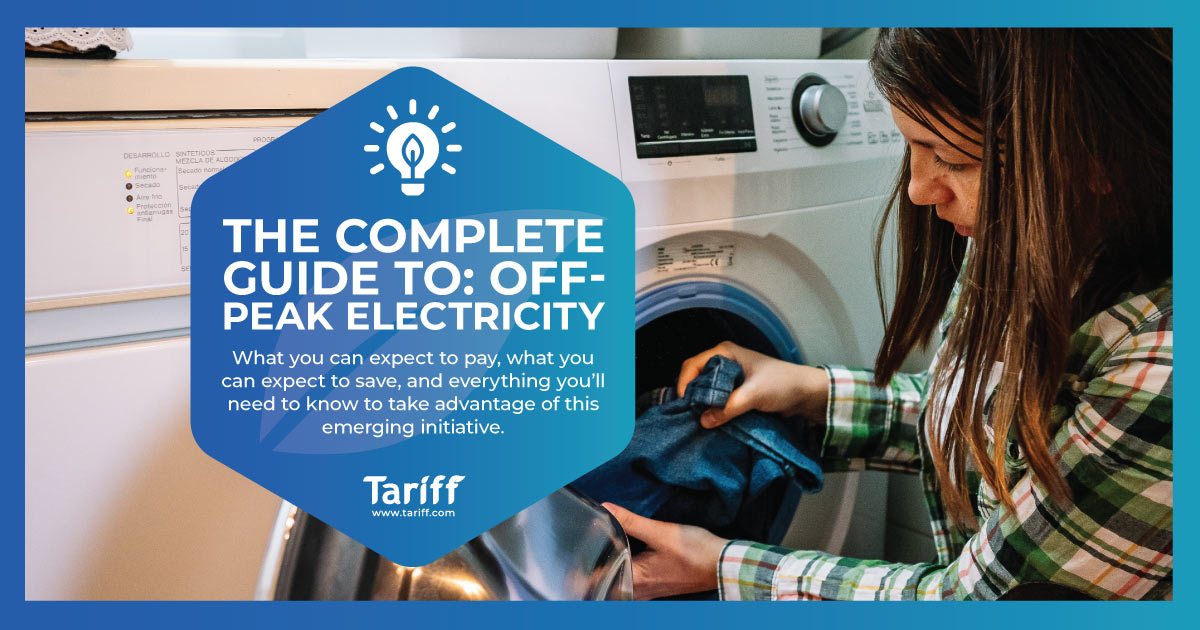Easy Ways To Save Money On Your Water Bill
Utilities like water bills are fundamental for renting or owning a property. Whether you’re residing at home or running a business out of a commercial premises, paying for water can be more of a burden than you might expect.
According to Water UK, the average water bill has now increased to £448 a year, which equates to £37 a month. This can take a sizeable chunk out of your pay cheque, in a time where the cost-of-living crisis is running rampant and every penny counts. Naturally, many people have turned their minds to finding quick and easy ways to save money and keep afloat in an increasingly hostile economy. As such, saving money on your water bills is an appealing solution.
While many think of water bills as a fixed monthly cost, and therefore an unavoidable expense, the truth is slightly more nuanced. Water is of course essential, but there are effective strategies available to reduce your consumption and save money on your bills. Whether looking to conserve spending at home, or feeling for ways to implement better water practice in your business or workplace, there’s a variety of methods to achieve your goal.
In our latest article, we’ll discuss a series of easy habits and devices to transform your water usage. Then, we’ll explore how Tariff can help you revolutionise your water bills, and unlock a new source of savings.
Rates Or Metered?
One of the key questions we must consider when addressing water bills is the choice between rates or metered water. In many cases, homes cannot switch to a different water supplier, but they do have a choice in how they pay for their water. Your two choices are Rates (a fixed cost based on the value of your premises) or Metered (pay for the water units you use). Each payment plan has different pros and cons, so let’s dive into it:
Rates:
- Rates are determined by your home’s rateable value (the amount your property can be let for).
- It doesn’t take into account how many people live at the property.
- Generally, if there are more people living there than bedrooms in the property, it will probably save you money.
- This is based on the fact that the average person uses about 150 litres of water a day.
- If you have kids or tend to use a lot of water, Rates might be the better option.
Meters:
- A water meter allows you to pay exactly for the water you use.
- This helps encourage less consumption, as every litre will be charged and paid for.
- Most meters can be fitted free of charge.
- Approximately 50% of English households already have meters installed.
- If you’re able to cut down on your water usage, Meters will likely offer the best deal.
Easy Ways To Save Money On Your Water Bill
There is no shortage of methods that can be implemented in homes or businesses to reduce water consumption. These primarily fall under one of three categories – optimise, avoid, or install. However, it’s worth noting that most of these methods will only work if you are on metered water bills, as rates will charge you the same regardless.
Saving money on your water bill can be achieved through simple changes, but understanding your supplier is key. Whether you’re supplied by:
- Southern Water
- Yorkshire Water
- Severn Trent
- Anglian Water
- Northumbrian Water
- United Utilities
- Scottish Water
- Thames Water
- South West Water
- Wessex Water
Knowing their specific tariffs and potential savings programs can make a significant difference to your household and business water budget.
1. Optimise
Optimising your water consumption is all about reducing excess usage. This occurs during a variety of everyday activities, from cooking to showering to brushing your teeth. Identifying the worst strains on your water is vital if you’re running a meter, as limiting unnecessary usage will be the best way of saving money.
Some habits can be built into your daily routine, such as taking a quick shower instead of a bath. Studies have shown that this significantly reduces the volume of water used, with the average 5-minute shower using 20 litres compared to a bath’s average of 75 litres. This assumes that you’re not using a power shower, which can almost double the amount of water used. In any case, the emphasis is on having a quick shower, as a lengthy one could end up being more costly than running a bath.
When it comes to brushing your teeth in the morning and at night, many people leave the tap running while they scrub. Simply by turning the water off for these short periods, you can save 30 litres of water a day, which adds up to approximately 750 litres a month! Such a big difference will no doubt be felt in the price of your water bills.
The same principle is true for kitchen environments – use a bowl to wash dishes instead of leaving the tap running each time. If using a dishwasher (or washers/dryers for that matter), make sure to fully load the machine and use eco settings to minimise water usage. As for boiling water in pans or kettles, only use as much as you need, as this will help save money on energy bills as well as water.
Finally, don’t wait for water to run cold out of your tap – simply fill it up immediately and leave in the fridge to cool. You might be surprised by how much these small habits can reduce your water bills if practiced over time.
2. Avoid
Two key problems can act as major strains on your water supply, and avoiding these will go far in reducing your bills.
One such problem are leaks in your piping or water supply, which can siphon away gallons of water without any actually being used. According to the Consumer Council for Water, over 3.1 billion litres of water are lost from leakage every single day, meaning the issue is a widespread one. Leaks could skyrocket your water bills and prove crippling to your finances, so if you suspect a leak, be sure to run a test by turning off all appliances that use water and watching your meter closely. If it continues to dip, your property is most likely leaking water.
Solving leaks can be expensive, but it will save you money in the long run. To prevent further problems, it may be a good idea to insulate your piping to avoid bursts or leaks from springing up again.
The second problem is watering your gardens. While many people take great pride in their green grass, pristine flower patches, and blooming vegetable plots, it’s simply not an efficient use of water. Even in summer, gardens only need to be watered once every two days, and if it rains, your job is already done for you. On the days it doesn’t, saving bathwater or shower water might be an unconventional but surprisingly useful way of watering your plants without using the garden hose.
3. Install
From home-spun solutions to professional installations, there’s a wide range of devices and equipment that can help you save money in the long run.
One of the most popular is a smart meter, which allows you to monitor your home or business’s water consumption. Not only will it let you pinpoint spikes in your usage – on an hour-by-hour basis – but it can help detect leaks and set personalised and achievable water targets. The information they provide is highly accurate and of great use when looking to cut down on your usage. So far, it’s estimated that only 14% of metered households have a smart meter installed, and as they’re usually provided free of charge by water suppliers, smart meters are well worth installing if you haven’t already.
Other home solutions include anything from energy efficient shower heads, which allow you to take longer showers without using excess water, to toilet cistern devices that reduce the size of a flush to conserve water, to rainwater harvesters that collect rain to be re-used for future enterprises. These are all relatively low cost, and will allow you to make savings over a lengthy period of time.
As for businesses or commercial premises, there are more complex installations that may be of use. Automatic sensor taps are regularly seen in venues like shopping centres, airports, and bars – and this is for a reason. They save water by responding to movement, avoiding problematic situations such as someone leaving a tap on, which could flood the building. Finally – if you have some money to hand and are willing to take the extra step, a water recycling system is a great way to make further savings despite its high initial cost.
How Tariff Can Help You Save Money On Your Water Bills
Optimise, Avoid, Install – these tips and habits will help save you money on your water bills, especially for homes and smaller properties. However, if running a business or organisation from a larger premises, something more substantial may be needed to really rake in the savings.
Tariff are business utility consultants, offering our expertise to sites across the UK to take the hassle out of switching water suppliers. We’ll guide you through the process, not only finding the best deal on the market but also the supplier who’ll work best for you, ensuring compliance with government regulations and peace of mind that you’re working with an ethical operator. Switching suppliers can save you as much as 40% of your business water bills, so there’s no reason to delay.
Contact us today to receive a FREE, no obligation quote and find out how we can help you make savings on your water.




